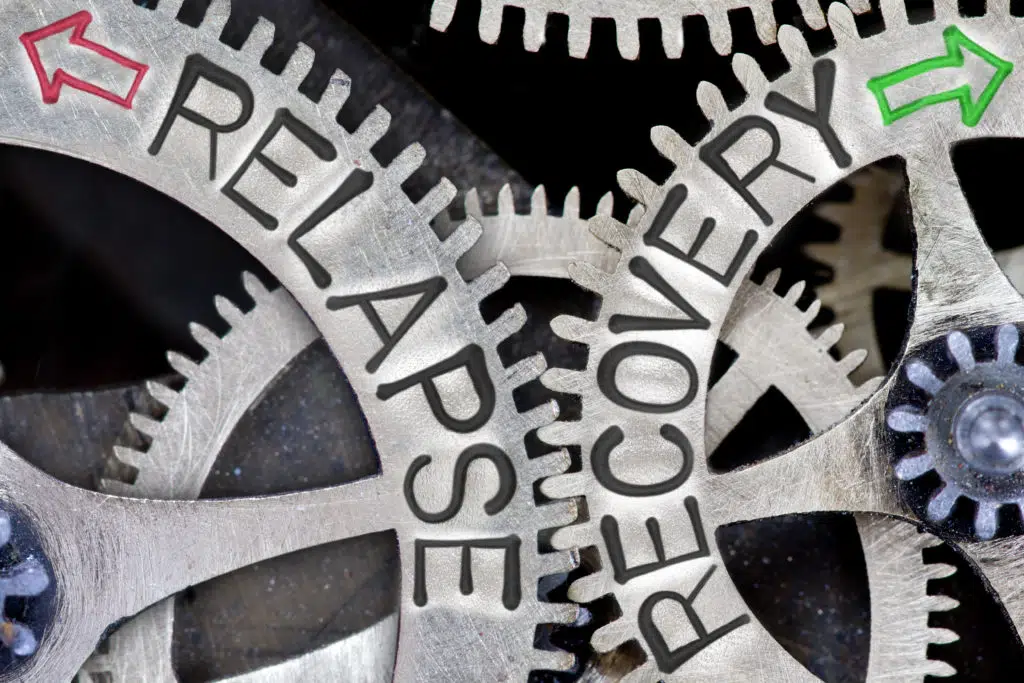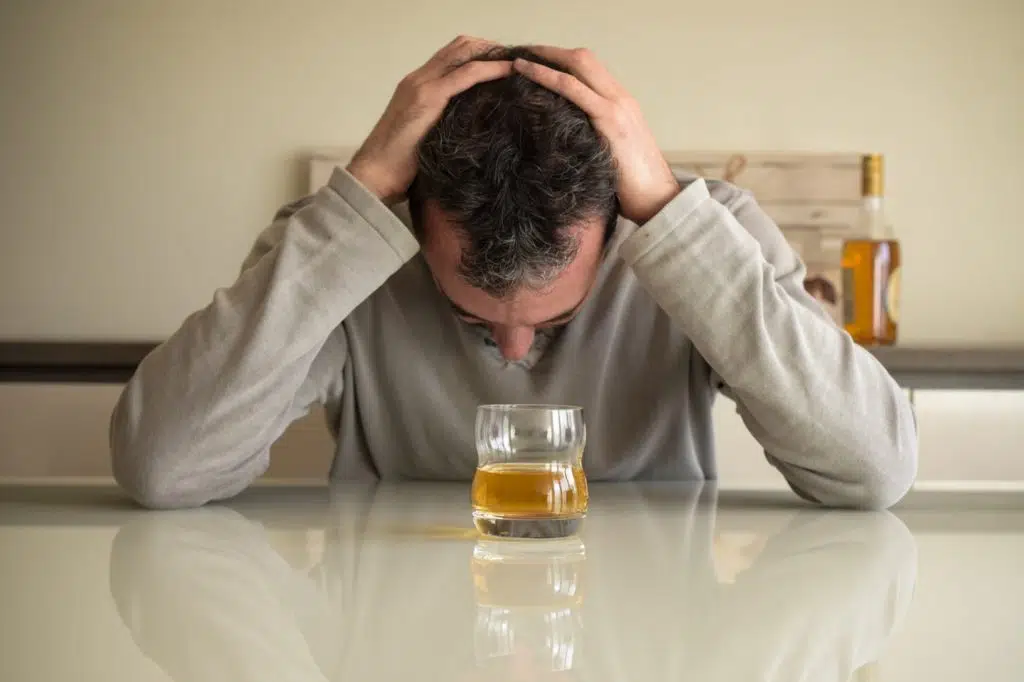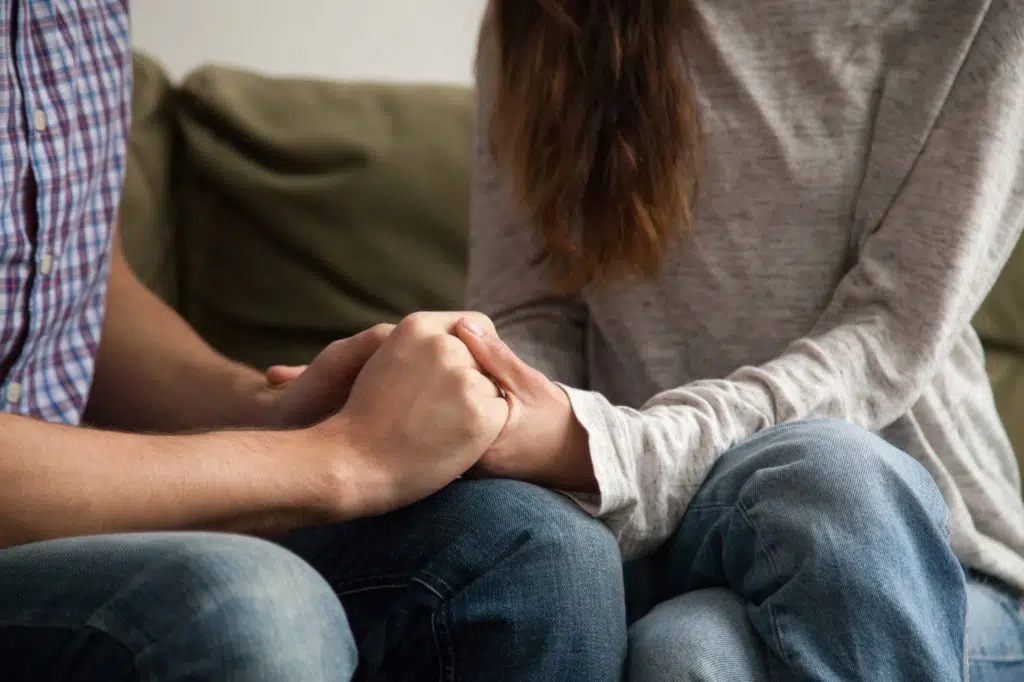Drug addiction is a chronic disease that affects millions of people across the globe. Not everyone who abuses drugs becomes addicted, but it can happen to anyone, even those using prescription medications. Unfortunately, drug addiction is known as a relapsing disease because relapse is very common among people in recovery. In fact, according to the National Institute on Drug Abuse, between 40-60% of people experience a relapse setback within the first 4 years of completing a rehabilitation treatment program.
It’s important to understand that a substance use disorder is a chronic disease, and relapsing does not mean you, your loved one or the treatment has failed. It’s an extremely common part of addiction recovery, so it’s important to know what to do after a relapse.
What to do after a relapse
Watching a loved one relapse can be heartbreaking, and it’s normal to feel angry, sad or even resentful. Here are four ways you can be supportive and help your loved one get back on track with their recovery:
- Be compassionate
Chances are the person who has relapsed is feeling a lot of shame. Instead of adding to their negative emotions, focus on the fact that a substance use disorder is a disease that alters the brain and choose compassion and understanding instead. Knowing you’re on their side can give them the support they need to seek treatment. - Practice self-care
Your feelings are valid and shouldn’t be ignored. It’s important to express them in healthy ways. Try journaling, exercising, meditating or talking to a trusted friend or family member. - Set clear boundaries
Let your loved one know you love and support them but will not support their addiction. This may be difficult, but it’s important your loved one understand that you love them too much to enable behaviors that contribute to their addiction. - Encourage them to get help
It’s important to talk to your loved and encourage them to increase individual therapy sessions, attend more recovery support groups or consider enrolling in another inpatient or outpatient rehabilitation program, depending on the severity of their relapse.
How to create an effective relapse prevention plan
Developing an effective recovery plan that emphasizes physical and emotional wellness can help prevent future relapse. Here are a few ways you can prevent a relapse:
- Accept that you have an addiction
- Be honest with yourself and others
- Develop healthy coping skills for cravings
- Get active in support groups
- Practice emotional and physical self-care
- Learn to deal with negative thoughts and feelings
- Surround yourself with sober friends
- Develop healthy alternatives to using drugs
- Visualize yourself as a sober person
Drug and alcohol rehabilitation programs at Miramar Recovery Center
We understand exactly what you’re going through, and we can help both you and your loved one overcome a setback. We’ll help your loved one identify what triggered the relapse, develop additional, healthy coping skills and create a detailed relapse prevention plan for moving forward. In addition to relapse prevention, we offer the following rehabilitation programs and can customize them to meet your unique needs:
- Medically supervised detoxification
- Residential rehabilitation
- Outpatient rehabilitation
- Dual diagnosis (for those with an addiction and mental health disorder)
- Continuing care (aftercare services to ensure lasting success)
Find out how to prevent a relapse before it happens from the specialists at Miramar Recovery Center. Call 949-691-5036 to get the help you need and the aftercare support you deserve to stay sober. You are not alone.




